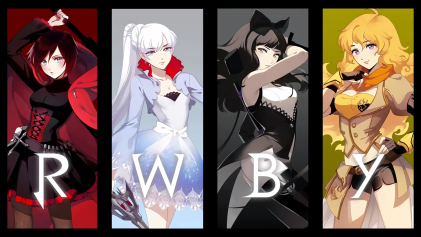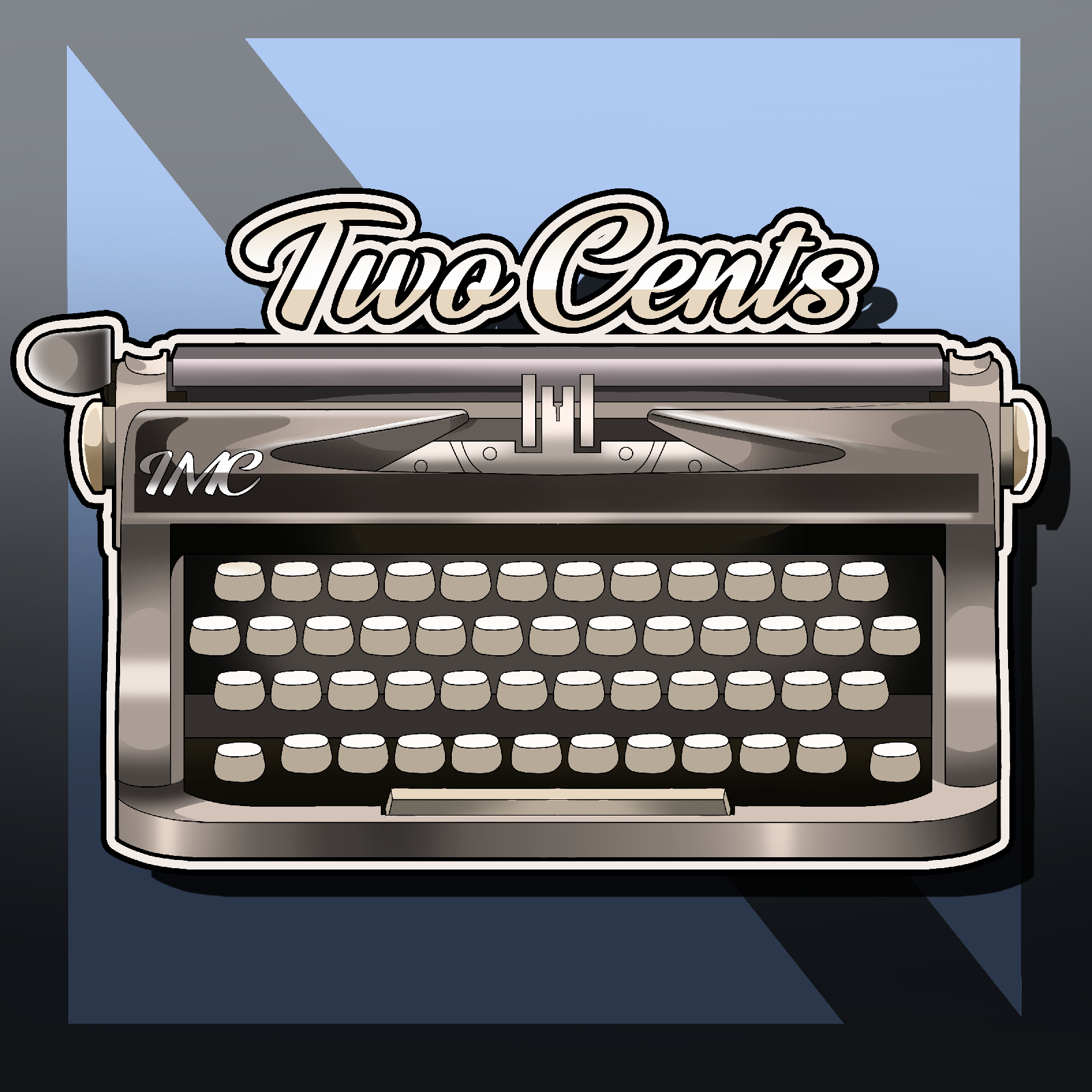#RWBY: A Love Letter
I first came across the first semester of my senior year in college. I'm a lover of two genres in the visual medium: fantasy and anime. So, when I saw the show pop up in my "suggested-for-you" queue on Netflix (which I'd only begun subscribing to three years before), I was intrigued. The show had already been around for two years, with the first two volumes available on Netflix in "movie" form.
Now, initially, I was reticent to watch it. Not because I didn't think it was any good. I had nothing on which to base such a judgement. It was actually due to the fact that the show only had two episodes. Had I been aware of how long each movie-length volume was, I would've checked it out sooner. Finally, bereft of anything new to watch, I clicked on it.
Almost immediately, the show engrossed me. The characters, the lore and worldbuilding, the action-packed fight scenes, the steadily intriguing plot--it was all compelling. This show is an amalgam of classic secondary-world Fantasy, the Magical-Girl genre, and the Shonin genres of anime. Regardless of what you may call it though, it's an addictive piece of serialized storytelling. I've said in the past, the key to great storytelling is to constantly force us, the viewers, to ask questions. Certainly, since I first watched the first volume, I've been wondering about this world, about these people, and about their intertwined fates. "What will happen next?" is a constant refrain.
I cannot count now how many times I restreamed it. But I did know this: I wanted to know what was coming next. This became such a need that, just this year, with the start of Volume Six, I bought a First membership. Before that, I'd wait for the episodes to show up on YouTube (which they no longer do), or for them to pop up for free on the Rooster Teeth site. Not anymore--because I have to know what happens next.
Now, there have been those who, as the series has gone on for five, going on six, years, have come to criticize it. Ever since the creative captain behind the show, Monty Oum, died in 2015, many have said, the show's lost its heart and its guiding hand.
The fight sequences (one of the highlights of the show threw volume three) have become fewer.
Those featured lack the grace of the ones that precede them.
The "shipping" section of the RWBY fandom (those who fan-out wanting certain characters to end up romantically involved) have lambasted the show for failing to fulfill their fantasies.
The scripts are too dialogue heavy and repetitive (in some cases that's true).
These are not my charges; they're merely the ones I've heard repeated enough that they've caught my attention to the point of annoyance. (Don't take that personally though. I'm easily annoyed).
I, however, have chosen to withhold any misgivings I have about the show at the present. Whatever little critiques I may have (save for the dialogue remark), they don't matter, and they don't matter for two reasons.
One, I'm not one of the writers making this show. I can't control how the production team chooses to tell their story. I can't change decisions they've made once an episode airs, and neither can anyone who complains that their favorite ship hasn't come in (so to speak).
Two, the story isn't finished. Monty Oum laid the ground work with the other RWBY developers before he died. Those who knew that plan are working to bring that show to life, moving it forward episode by episode. You can't truly criticize something (at least in my opinion), until it's actually complete.
However long the series goes for (I've heard mentions of it being between 10 and 15 seasons long by the end of it), I'll keep watching it. In this present volume alone, many questions that have been plaguing our minds have been answered. But of course, the writers keep begging new ones as well.
Not only that, but the series has also been getting better as the show's gone on simply on an animation level. In the first two volumes, there's a stiffness to the characters and a lack of detail to the world (evidently, this was an aesthetic choice). Yet, with each succeeding season, the characters have grown more--for lack of a better word--animated. Their movements are more real. Their expressions are more minute, more detailed, more natural.
And of course, there is the story. Since volume three--and the many heart-wrenching turns of events that transpired then--that has become the thing that's brought me back again and again That's a tribute to the masterminds behind this show. It's a sign that they're doing their jobs: getting us to care about these characters and worrying about what might happen to them. We've learned that the world of Remnant isn't just some ideal fairyland. It's a dark place, with a dark, Grimm-infested underbelly, where actions--positive and negative--have consequences. Good people can have devastating fates, and bad people get their poetic justice, sometimes.
Wherever the story leads, however, I'm still going to follow the rose petal trail. I've come to care about the characters, about the fate of their broken, imperfect world, and I want to see them through to the end.



Comments